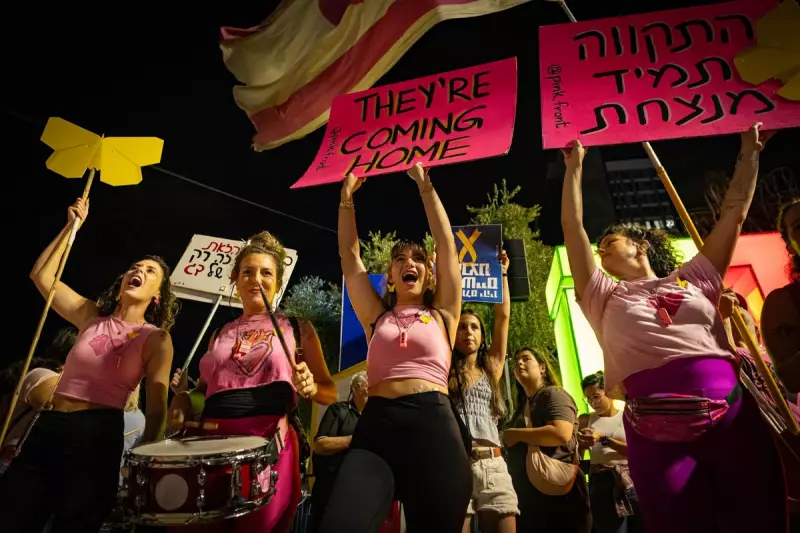
In a significant breakthrough that could alter the course of the Middle East conflict, Israel has formally accepted a ceasefire proposal for Gaza after seven months of intense warfare. The decision comes amid mounting international pressure and follows weeks of tense negotiations brokered by international mediators.
Netanyahu's Cabinet Gives Green Light
Prime Minister Benjamin Netanyahu's office confirmed that his war cabinet has unanimously approved a proposal that would see an initial cessation of hostilities in exchange for the release of hostages held by Hamas. This marks a pivotal moment in the conflict that has claimed thousands of lives and drawn global condemnation.
The proposed agreement outlines a phased approach, beginning with a temporary truce during which women, elderly, and wounded hostages would be released. Subsequent phases would address more complex issues including the release of soldiers and bodies of deceased captives.
Hostage Families' Long Wait
For families of the estimated 120 hostages remaining in Gaza, this development brings renewed hope after months of anguish and public protests demanding government action. Many had grown increasingly critical of Netanyahu's handling of the crisis, accusing his administration of prioritising military objectives over hostage safety.
The emotional toll on affected families has been immense, with weekly demonstrations in Tel Aviv and Jerusalem growing in size and intensity as the conflict dragged on.
International Pressure Mounts
The agreement comes as international diplomatic efforts reached fever pitch. Key players including the United States, Qatar, and Egypt have been working behind the scenes to bridge the gap between Israel's security demands and Hamas's conditions for releasing captives.
World leaders have welcomed the development, though caution remains about implementation challenges ahead. The United Nations and various humanitarian organisations have repeatedly called for ceasefire to address the growing humanitarian catastrophe in Gaza.
What Happens Next?
- Initial temporary ceasefire to take effect
- Release of first group of hostages
- Humanitarian aid access to Gaza improved
- Further negotiations for subsequent phases
- Discussions about post-conflict governance of Gaza
While this agreement represents a crucial step forward, many obstacles remain. Both sides have previously seen ceasefire agreements unravel, and hardliners on either side could still derail the delicate process.
The coming days will be critical in determining whether this breakthrough leads to lasting peace or becomes another temporary pause in a conflict that has defied numerous attempts at resolution.





